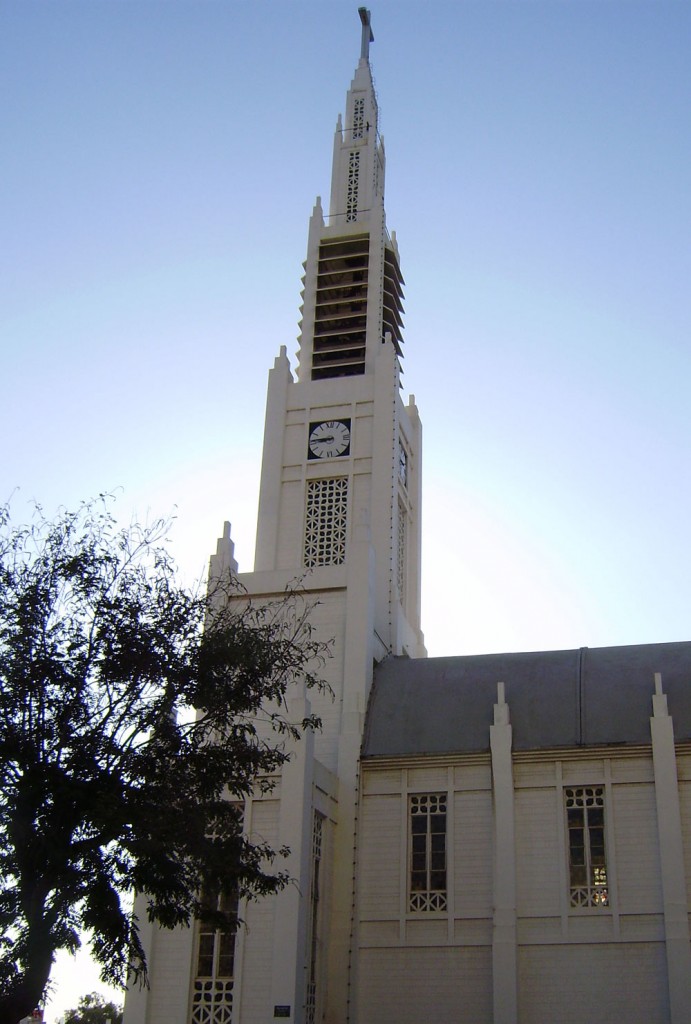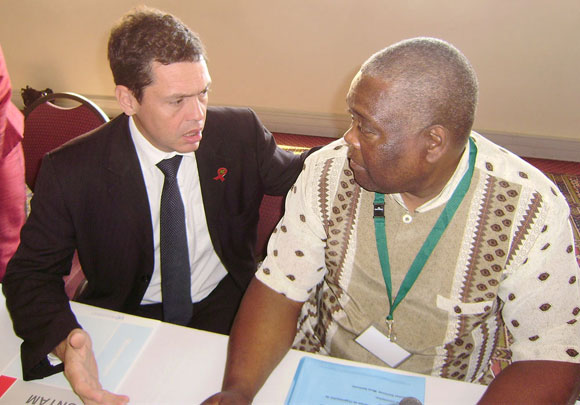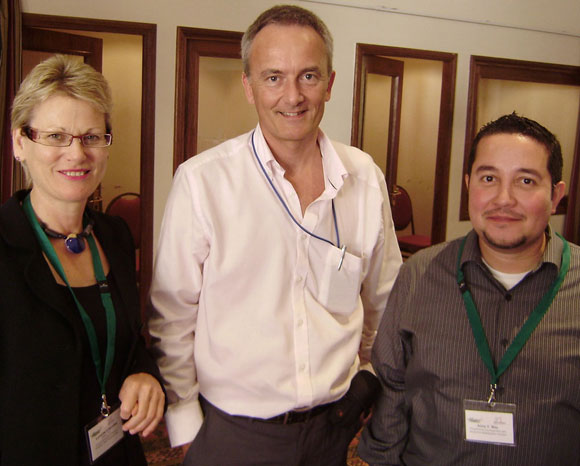
I was at a conference right in the centre of Maputo yesterday, next to the beautiful Maputo Cathedral. I took a snap of the cathedral as I left the meeting, but a better picture can be found here. I am also attaching a link to a website which has pictures of Maputo by Luis Boleo from 1968. The website also features a Google earth map, which is a great site for anyone wanting to see more of Maputo.
The conference was organised by the International HIV/AIDS Alliance (which links organisations working with communities on HIV/AIDS) and MONASO, which is a Mozambican non-government organisation. MONASO has built an impressive network of community organisations which provide support to people living with HIV/AIDS. I have attached a link to the MONASO website, which is in Portuguese. However the link is through Google translate and gives you the text, which is well worth reading, in English.
The purpose of the conference was to bring together organisations from a number of different countries to share lessons learnt and identify best practice for working with and supporting the community response to HIV/AIDS. In African countries health services are limited, much of the basic care and support for people living with HIV/AIDS is provided by communities and faith-based organisations. These organisations, which are often poor themselves, provide home-based care and aim to tackle the stigma attached to HIV/AIDS. I have posted a blog previously on the Tearfund, which highlighted the role of faith-based organisations in helping those with HIV/AIDS.

Mauricio Cysne, who I have mentioned previously, is the head of UNAIDS in Mozambique and spoke at the conference. He highlighted five issues to inform the conference discussions:
1) the importance of prevention – for every two new people starting on treatment five more will become infected with HIV;
2) the importance of treatment as a right - there are ten million people still in need of treatment;
3) the priority of saving mothers and babies - prioritisng treatment for mothers could prevent up-to 400,000 newborn HIV infections each year;
4) the importance of gender equity to tackle HIV transmission - in Mozambique a woman in the age group 19 to 24 is six times more likely to contract HIV than a man in the same age group. Women need access and means to protect themselves from infection, such as female condoms and microbicide gels;
5) and finally, the importance of tackling discrimination and stigma – laws should protect all vulnerable groups, be they sex workers, men who have sex with men, transgender people or intravenous drug users.

I have posted a picture of Mauricio talking to Dr Ricardo Trindale (above), who is chair of the board of MONASO Mozambique. I have also attached a picture of me with Lynette Lowndes deputy executive director of International HIV/AIDS Alliance and Ados May, the regional programme development adviser at the Alliance.
Mozambique’s National AIDS Council were proud to jointly host the event with MONASO, in order to benefit from lessons learnt on what works from elsewhere in Africa. With representatives from Burkina Faso, Cote D’Ivoire, Morocco, Nigeria, Senegal, Uganda, Kenya, Burundi, Sudan, Swaziland, South Africa, Zambia and Zimbabwe at the meeting, the conference offered a significant opportunity for cross-country learning.

Recent Comments